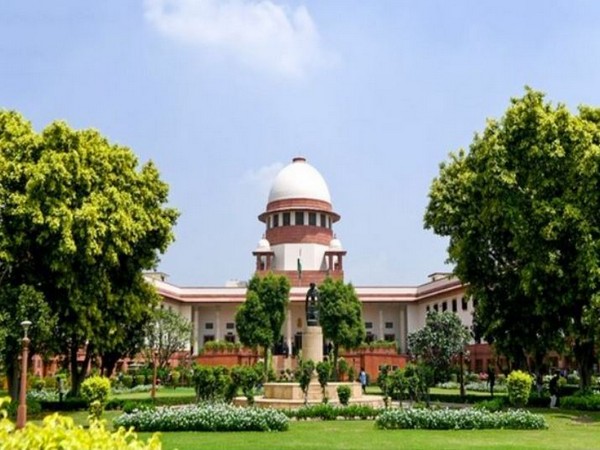Supreme Court Grants Mineral-Rich States Rights to Collect Past Dues from Centre, Lease Holders
The Supreme Court has permitted mineral-rich states to collect royalty and tax dues on mines and mineral-bearing lands from April 1, 2005. The payments will be made over 12 years starting from April 1, 2026. No interest or penalties will apply for demands before July 25, 2024.

- Country:
- India
The Supreme Court ruled Wednesday that mineral-rich states can collect past dues on royalty and taxes on mines and mineral-bearing land from April 1, 2005, both from the Centre and mining lease holders. A nine-judge Constitution bench directed these back payments be made staggered over the next 12 years, starting April 1, 2026.
The apex court asserted no interest or penalty should be levied for demands made for the period before July 25, 2024. This follows the court's July 25 judgment which upheld states' power to levy taxes on mines and mineral-bearing lands, dismissing arguments for prospective application only.
The bench, consisting of Chief Justice DY Chandrachud and Justices Hrishikesh Roy, Abhay S. Oka, BV Nagarathna, JB Pardiwala, Manoj Misra, Ujjal Bhuyan, Satish Chandra Sharma, and Augustine George Masih, decided whether royalties levied by the Centre since 1989 should be refunded to states. In July, the bench ruled states have constitutional power to tax mines and mineral-bearing lands and that royalties are not taxes.
Solicitor General Tushar Mehta, for the Centre, warned that retrospective application of the ruling would drive up prices and burden the public, given industries' reliance on minerals. But the bench clarified royalties stem from contractual lease conditions, differentiating them from taxes.
The judgment outlined that state legislatures hold the legislative power to tax mineral rights, not Parliament, which lacks competence under the Constitution. The court specified that taxation power over mineral rights, listed under Entry 50 of List 2, cannot be overtaken by Parliament's residuary powers.
Justice Nagarathna, dissenting, argued royalties act as taxes and contested the majority, stating federal consistency over mineral taxation is at risk. She cautioned that diverse state taxes could lead to competitive disadvantages and federal discord.
The case hinged on if the Mines and Minerals (Development & Regulation) Act limits states' taxation authority over mining activities.
(With inputs from agencies.)
ALSO READ
Ashok Gehlot Criticizes Centre Over Manmohan Singh Memorial Controversy
Government Websites Down as NICSI Data Centre Suffers Power Outage
Government Websites Restored After NICSI Data Centre Outage
Revised National Essential Diagnostics List: A Boost to Village Health Centres
China Unveils Its First National Sports Arbitration Centre










